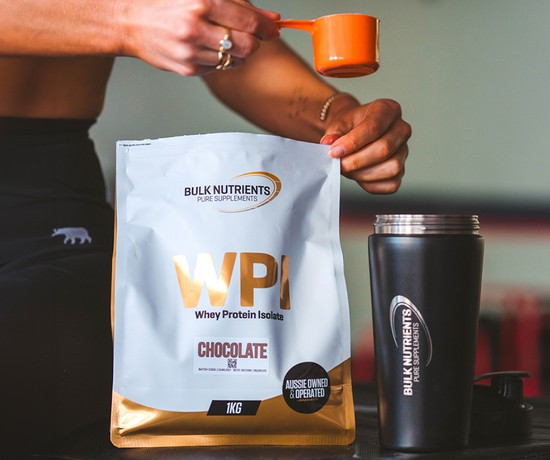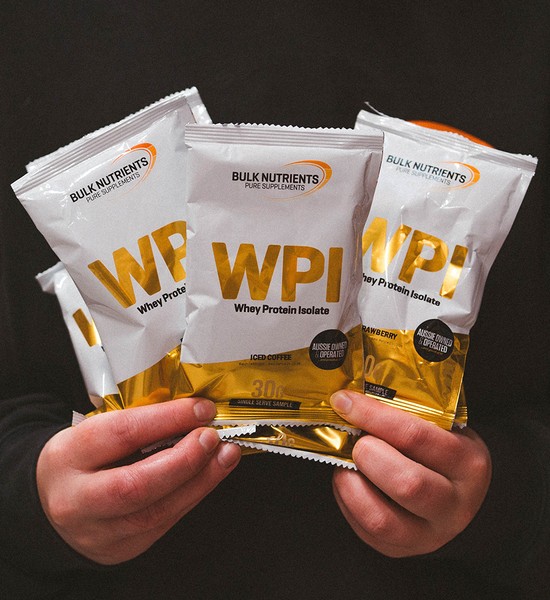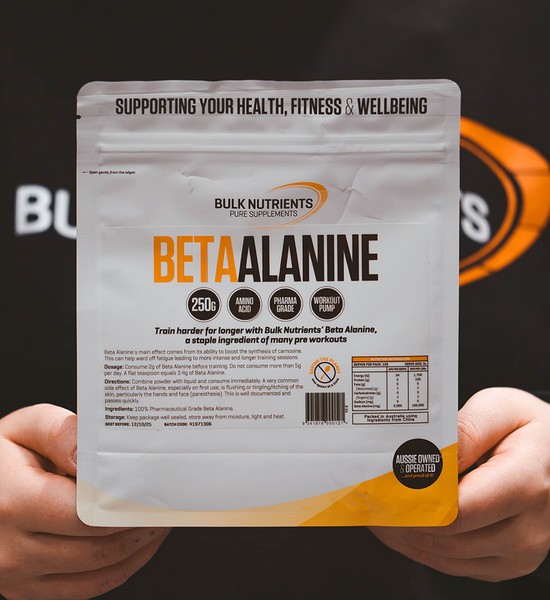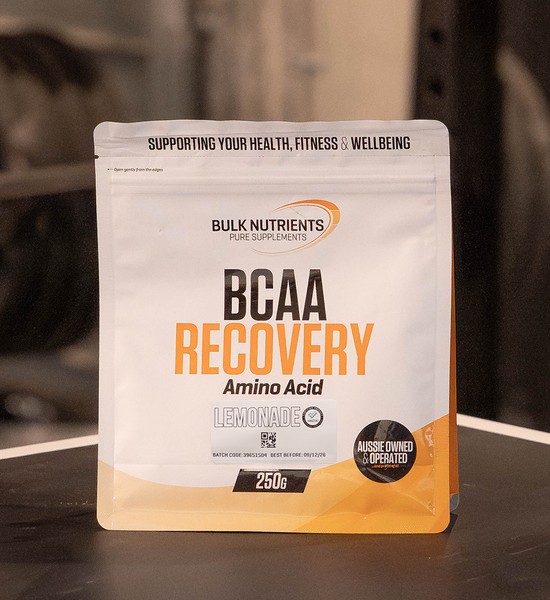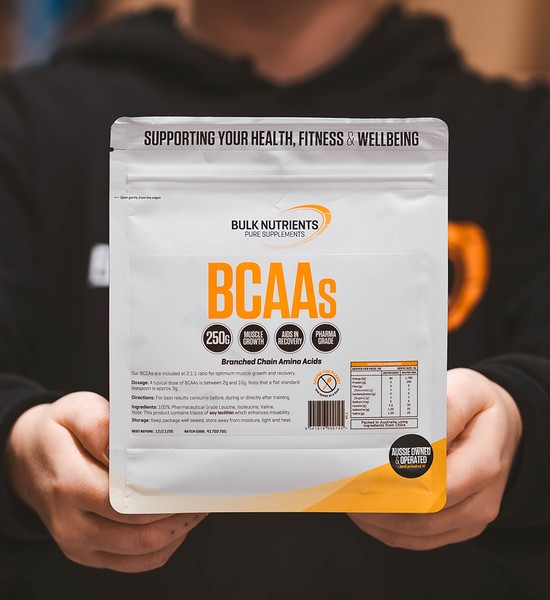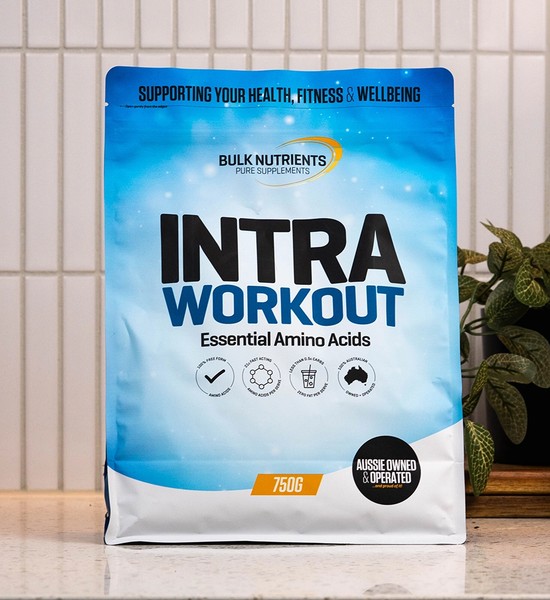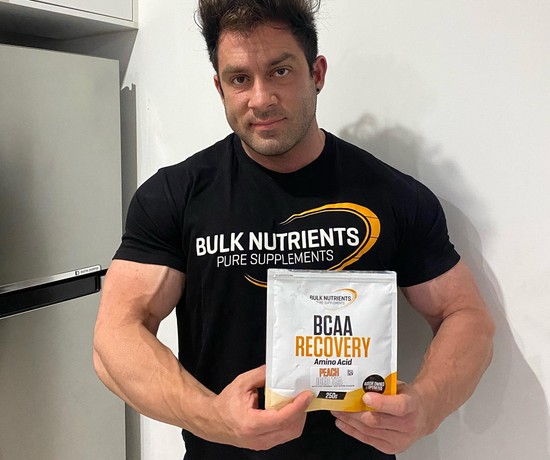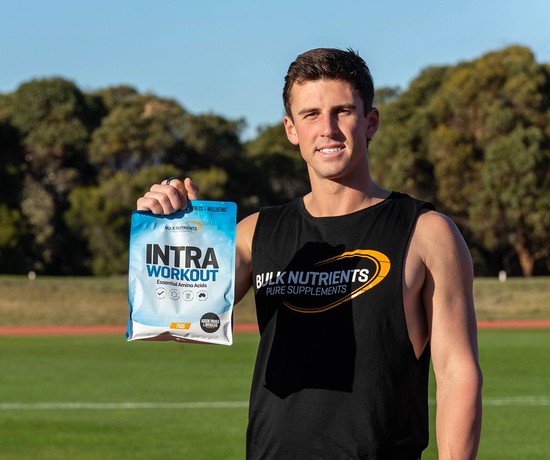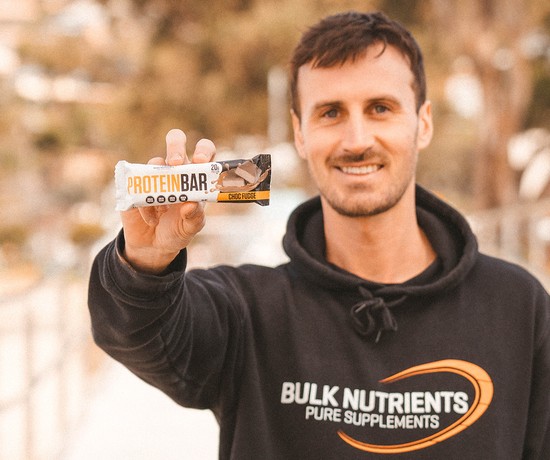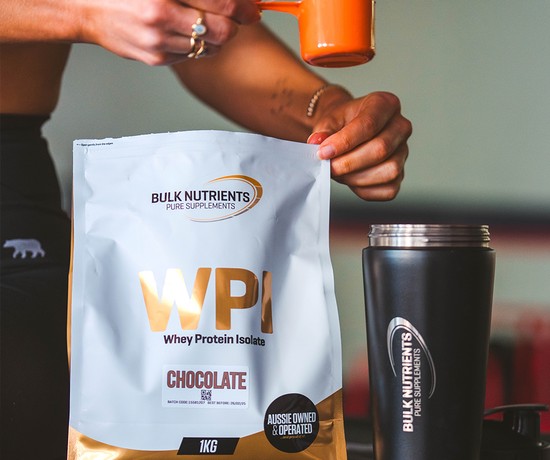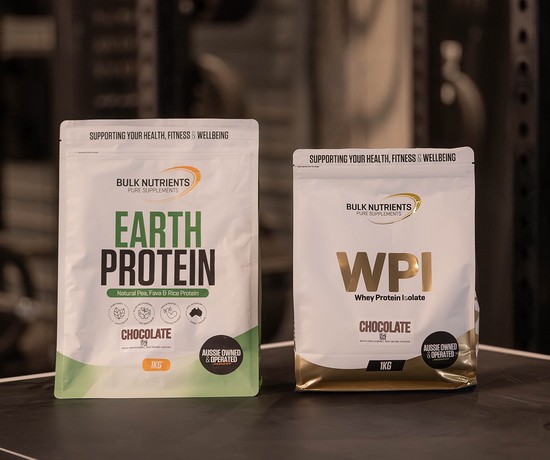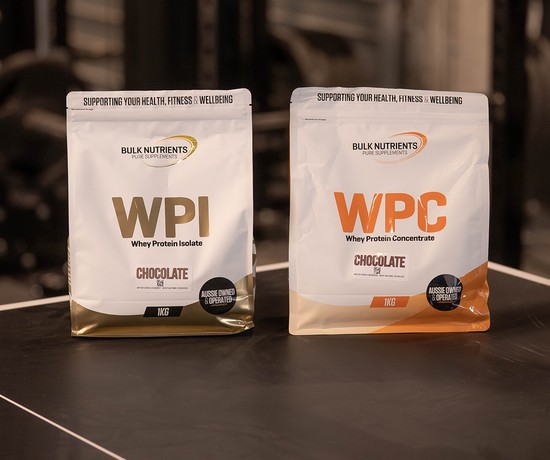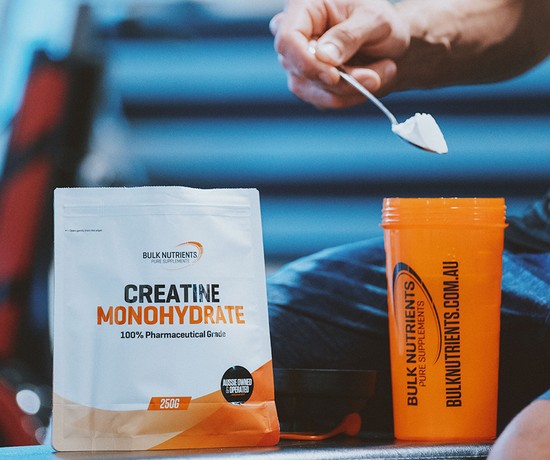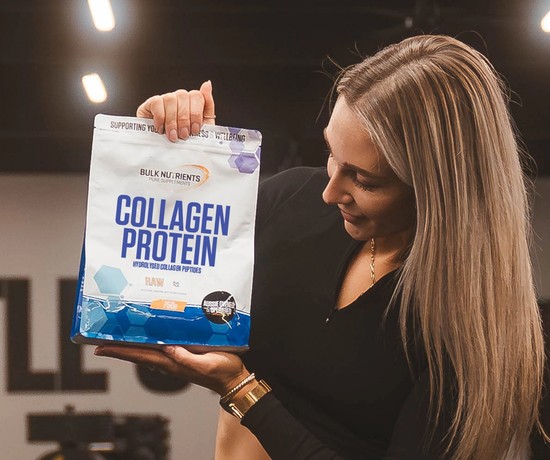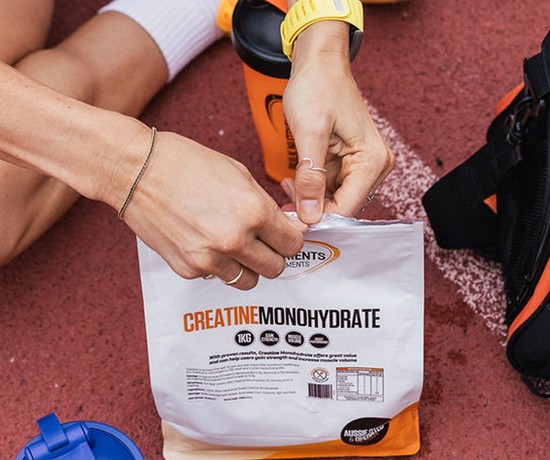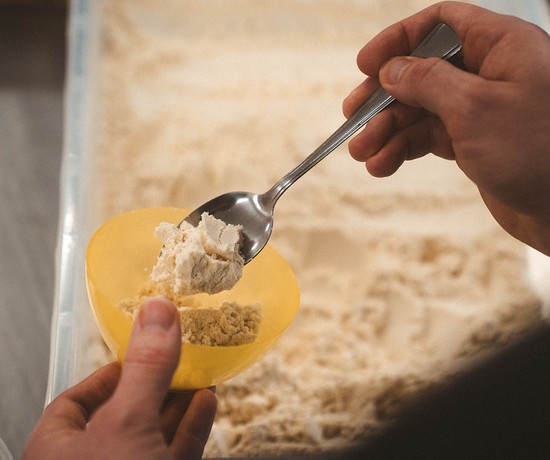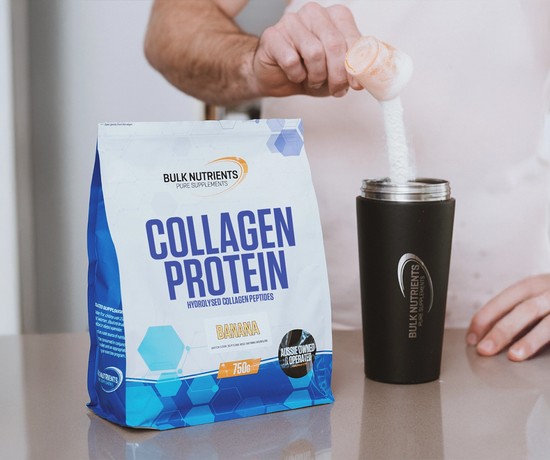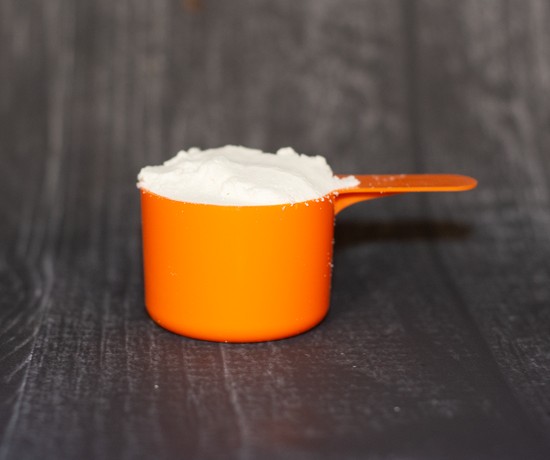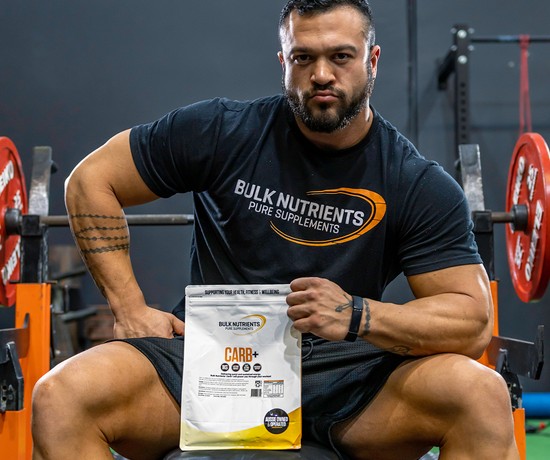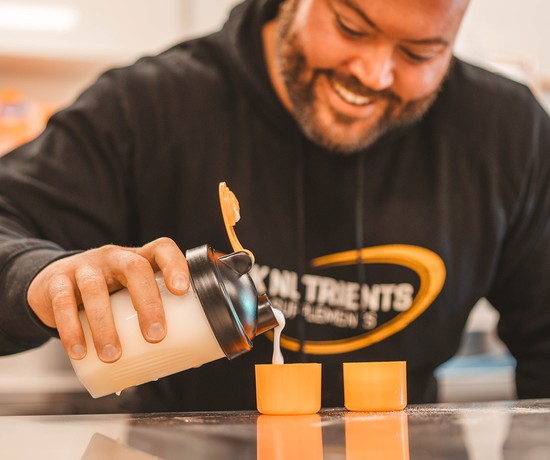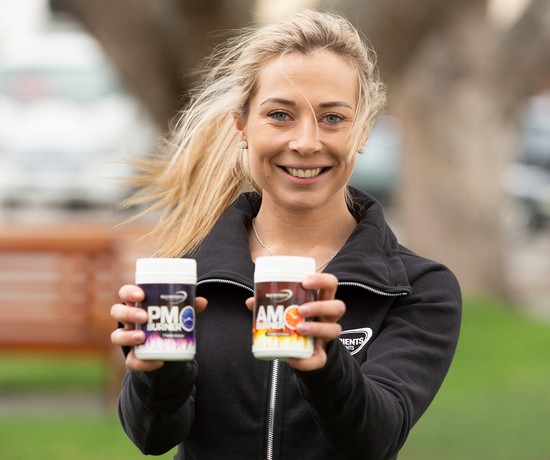Lean Bulking: How to Gain Muscle Without the Fat

Understanding Lean Bulking
Building muscle doesn’t have to mean piling on body fat. That’s where lean bulking comes in — a smarter approach designed to add quality size without the unwanted fluff.
What is Lean Bulking?
Lean bulking is simply gaining muscle in a controlled calorie surplus. Unlike the old-school “dirty bulk” where you eat anything and everything, lean bulking takes a measured approach. The goal is simple: build strength and muscle while keeping definition intact.
Why Choose Lean Over Traditional Bulking?
The best part about lean bulking? You keep a healthier body composition. No more months of cutting down excess fat after bulking. Plus, seeing visible progress in muscle growth and appearance can boost your confidence and motivation. It’s a win-win for looking and feeling great all year round.
The Power of a Small Surplus
To grow muscle, you need to eat more than you burn — but not much more. Research suggests a modest surplus of around 250–500 calories per day above maintenance is enough to fuel gains without tipping the balance toward fat storage. Think of it as feeding growth, not overeating.

Nutrition Strategies for Lean Gains
Nutrition makes or breaks a lean bulk. You can train as hard as you like, but without the right fuel, muscle growth slows — or worse, fat starts creeping in. Here’s how to set your diet up for lean success.
Prioritise Protein Intake
Protein is the backbone of muscle growth and recovery. Aim for 1.6–2.2 grams per kilogram of body weight daily. Great sources include:
- Lean meats like chicken, turkey, and beef.
- Fish and eggs for complete proteins.
- Plant-based picks like lentils, beans, tofu, and tempeh.
Struggling to hit your target with food alone? A whey protein shake is a convenient, effective way to top up.
Balance Your Macros
Protein takes centre stage, but carbs and fats are key players too.
- Carbs fuel your training and replenish glycogen stores.
- Healthy fats (avocado, nuts, olive oil) support hormone production and joint health.
A good starting point for many is a split of 40% carbs, 30% protein, 30% fats — then tweak based on how your body responds.
Nail Your Timing
When you eat matters almost as much as what you eat:
- Post-workout protein: Aim for a protein-rich meal or shake within 30–60 minutes of training to kickstart repair.
- Spread it out: Distribute protein evenly across meals to maximise muscle protein synthesis throughout the day.
Think of it like drip-feeding your muscles — steady fuel, steady gains.

Effective Training Techniques
When your goal is lean bulking, training smart is just as important as training hard. The right mix of lifts, intensity, and progression ensures you add muscle without unnecessary fat.
Prioritise Compound Lifts
Compound movements are the cornerstone of any lean bulking program. Exercises like squats, deadlifts, bench presses, and pull-ups recruit multiple muscle groups at once, giving you more bang for your buck.
Benefits of compound lifts:
- Build muscle and strength efficiently.
- Stimulate a higher calorie burn compared to isolation moves.
- Improve functional strength that carries over to everyday movement.
Train Smart for Muscle Growth
Muscle growth isn’t about going heavier for the sake of it — it’s about progressive, structured overload.
- Progressive overload: Gradually increase weight, reps, or sets to keep muscles adapting.
- Strength + hypertrophy balance: Mix heavy, low-rep sets for strength with moderate rep ranges (8–12) for muscle size.
- Avoid plateaus: Vary your exercises, tempos, and rep schemes every few weeks.
Smart training means your muscles are always challenged, but never pushed to the point of burnout.

The Role of Rest and Recovery
Training breaks muscles down, but recovery is where the real growth happens. If you don’t give your body time to repair, you’re leaving gains on the table and risking injury.
Why Rest Matters
Skipping rest days can backfire. Overtraining leads to fatigue, poor performance, and even setbacks like strains or chronic injuries. Prioritising recovery ensures:
- Stronger muscles after each training block.
- Lower risk of overuse injuries.
- Better consistency in the long run.
Think of rest as a training tool, not wasted time.
Optimise Your Sleep
Sleep is the ultimate recovery hack. Aim for 7–9 hours of quality rest per night, since this is when your body:
- Releases growth hormone to repair and rebuild muscle tissue.
- Restores glycogen stores for energy.
- Regulates hormones that affect appetite, stress, and performance.
Set yourself up for success with a consistent sleep schedule, a dark cool room, and a wind-down routine to switch off.
Active Recovery & Extra Tools
Rest days don’t have to mean doing nothing. Active recovery keeps blood flowing and eases soreness:
- Light activities like walking, swimming, or yoga.
- Recovery aids like foam rolling, stretching, or massage to release tension.
This approach helps you feel fresher, move better, and return to training stronger.
Supplements for Lean Bulking
Whole foods should always be the foundation of your diet, but the right supplements can make lean bulking more effective and convenient.
Some core supplements to consider:
- Whey Protein Isolate (WPI): With minimal carbs and fats, WPI is ideal for lean bulking. Its fast digestion means your muscles get amino acids quickly after training, supporting recovery and growth without extra calories.
- Creatine Monohydrate: Proven time and again to increase strength, power, and lean mass. By letting you push heavier loads, creatine directly supports hypertrophy.
- Beta-Alanine: Helps delay fatigue in high-rep or high-volume training by buffering lactic acid, so you can keep intensity up while chasing lean gains.
- BCAAs: Reduce muscle breakdown and promote recovery. Perfect during workouts, especially if you’re training fasted or in a calorie-controlled phase.
This stack covers your key needs: protein for repair, creatine for strength, BCAAs for recovery, and beta-alanine for endurance. When combined with good nutrition, smart training, and rest, these supplements support lean muscle growth while helping minimise fat gain.
The Lean Gaining Blueprint in Action
Lean bulking isn’t about eating everything in sight — it’s about being strategic. By keeping your calorie surplus small, fuelling with balanced nutrition, prioritising compound lifts, and respecting recovery, you can build serious muscle without the fat.
Supplements can give you an edge when paired with solid training and diet. But remember, the real results come from consistency, patience, and smart choices over time.
If you’re ready to tackle lean bulking, start applying these strategies today. Train hard, fuel well, rest smart, and watch your physique transform while staying lean, strong, and athletic.

Nick is Bulk's Customer Service team's Technical Support Officer.
Which is our way of saying he's the guy whose job it is to answer your obscenely technical supplement questions.
More about Nick Telesca
